Oracle is a name steeped in hifi history. A French Canadian company that started in 1979 and made its name with the iconic, aesthetic perfection of its Delphi turntable. The Delphi continues in production today, and is in its Mk VI guise at around £10,000.
iconic, aesthetic perfection of its Delphi turntable. The Delphi continues in production today, and is in its Mk VI guise at around £10,000.
So, what do we have here?
The Paris is the entry-level turntable in the Oracle range. Although Oracle’s entry level system is costlier than may brands’ top of the range gear!
It is belt drive and the tonearm has to be manually cued.
A choice of four standard high gloss finishes is offered; red, white, black and silver grey. The sample I received was supplied in a beautiful glossy red. Buyers can however request any colour, for a small additional cost.
The Paris turntable is available as a standard bundle with a Paris tonearm and Paris high output moving coil (mc) phono cartridge.
My wife was very impressed with its appearance and asked how much it cost. “Over £5,000”, I said. — “Hmm”, she nodded, unsurprised, “it looks expensive”. OK, so it passes the perceived value test.
I think it is impossible for me to avoid briefly comparing the Oracle Paris Mk.V turntable package with the budget Pro-Ject Debut Carbon that I recently reviewed for Hifi Pig.
They do look similar. They use basically the same, quite distinctive looking arm. Superficially, the plinth looks pretty much the same, although comparing the sizes in the respective specs, the Paris is larger, and there is a stylishly sloped-off edge to the right front corner of the Paris’s plinth.
But casual appearances can be deceptive, very much so in this case. The Oracle Paris has a more sophisticated appearance, as immediately picked up on by my wife. And in engineering terms it is a far more sophisticated device with an adjustable semi-suspended suspension, substantially upgraded arm and the control electronics and AC motor are the same as used in the top-of-the-line Oracle Delphi MkVI.
The Paris tonearm
Looking more closely at the Paris tonearm, it is a Pro-Ject 9cc that is modified by Oracle. This tonearm looks good with its grey/black carbon finish, although the finish around the headshell end of the tonearm does look just a little rough and crude. On the £300 Pro-Ject turntable this was acceptable, but I have to admit I was a bit surprised that this hadn’t been attended to in Oracle’s more up-market implementation.
its grey/black carbon finish, although the finish around the headshell end of the tonearm does look just a little rough and crude. On the £300 Pro-Ject turntable this was acceptable, but I have to admit I was a bit surprised that this hadn’t been attended to in Oracle’s more up-market implementation.
Oracle has incorporated an important design feature designed to substantially reduce some resonances in the basic Pro-Ject 9cc arm; a curved silicon filled trough near the base of the arm-tube and an adjustable paddle attached to the arm near the pivot point. The trough can be filled with viscous silicon fluid into which the damping paddle is inserted, this reduces the resonances of the tonearm and should improve the sound of the entire turntable set-up.
The Paris cartridge
To complete the package, Oracle supplies the high output Paris moving coil cartridge. The magnesium-alloy body is  made by Oracle, but the source of the cartridge itself appears to be a closely guarded secret! Even the UK distributor, Tony Sallis of NuNu Distribution, says he doesn’t know.
made by Oracle, but the source of the cartridge itself appears to be a closely guarded secret! Even the UK distributor, Tony Sallis of NuNu Distribution, says he doesn’t know.
In my experience, the body of a cartridge has a substantial impact on the sonic presentation, and as Oracle has sourced its own body for the Paris cartridge the identity of the cartridge itself isn’t that important, in my view.
The cartridge’s rated output is 1.6mV, sufficient for most if not all moving-magnet phonostage inputs.
On/Off
Platter speeds of 33 and 45 rpm are available via a pair of press button switches at the rear left of the plinth – the chosen button lighting up in a particularly attractive rich blue, showing the selected speed. Rotation speed can be adjusted using two rear mounted screws.
The music signal is output via 2 RCA phono sockets at the rear, adjacent to a grounding post..
Applying the power
The Paris comes with a compact plug-top 24V power supply, but users can upgrade to the ‘Turbo’ power supply which  is housed in a neat black metal enclosure. It was the Turbo PSU that was supplied to me for review.
is housed in a neat black metal enclosure. It was the Turbo PSU that was supplied to me for review.
SETUP
Tony Sallis of NuNu Distribution in the UK supplied the turntable for review. In fact, he brought it along to my home and set it up. Although I did not do the setup myself, it didn’t take Tony long to unpack it all and set it up. It looked easy, and I am sure it was. The cartridge comes already fitted, so no agonising over complex tonearm/cartridge geometries is needed.
Mind you, if you are the obsessive type who enjoys tinkering with the goodies, then it may well be that the Paris is not the best turntable system for you. I understand that the Oracle Delphi allows a lot more scope for user interaction, the Paris being much more of a plug & play device.
IN USE
The clamp
The turntable’s spindle is threaded to take the supplied record clamp. Put the record over the spindle, locate the clamp over the spindle thread and give it a gentle spin and let it go. The clamp smoothly free-spins down to the LP, you then give it a gentle extra twist to lock it in place and you’re ready to go. I found this procedure very pleasantly tactile; it really had a nice feel to it!
Adjusting for bias
The tonearm bias adjustment is effected with a traditional cylindrical metal weight on a thin nylon cord, the end of the cord being made into a small loop which fits over a short spindle sticking out of the rear of the tonearm. Said spindle has 3 grooves providing a choice of bias strength.
Away we go!
There is a slight pause between pressing the appropriate speed button (33 or 45) at the rear left of the plinth and the turntable starting to rotate. For some reason, this second or so pause fascinated me, and lent a feeling of sophistication and serious intent to the turntable. I realise that sounds a bit crazy, but I enjoyed that start-up pause every time!
The turntable gets up to speed very rapidly and speed stability is subjectively spot-on.
The tonearm lowering is damped and works smoothly, and the arm descends nice and gently onto the record, allowing time to get back to your listening seat before the music starts!
AND THE MUSIC ….
For me, a component’s ability to portray convincing imagery is at the heart of good audio presentation. A quite high threshold of resolution and the ability to accurately track low level dynamic changes is needed to convince me that I am listening to a real musical event. Not all audio components can do this, and price is sometimes not a good indicator of ability in this regard!
Happily, the Oracle Paris was convincing from the off.
Classical music was excellently portrayed. I started my listening with a Gaudeamus LP of baroque Locatelli string sonatas, one of my favouritre classical discs. Very nicely focussed in three dimensions, the sonic images of the musicians were very well captured. String tone was just right, catching the ‘edge’ of the gut-stringed violin, not too sweet, and the harpsichord had a nicely vivacious spang. The pacing was excellent, evrything swung along quite joyously. Very nice indeed.
The sophistication of the presentation for chamber and small scale vocal ensembles continued to be very engaging. Time and again the excellent imaging ability came to the fore, and I was transported to the musical events.
OK, the Oracle Paris didn’t quite manage to capture the full visceral impact of larger scale symphonic works (Bruckner 5th symphony, Maazel, Decca) and grand opera (Boito Mefistofele, Decca) lost a little of its sweep and majesty. Particularly impressive, though, was the way that dynamics swelled and waned in an effortless and natural manner and the natural tonality of the instruments and voices.
Louis Armstrong provided some wonderful Jazz Moments. I have an RCA double LP released in commemoration of Satchmo’s death in 1971. The recording/transfer quality is superb, and even though some of these tracks were recorded as far back as 1932, there is an immediacy and presence to the music that is striking by any standards. The Oracle Paris captured this well, and the brilliance of this great musician was effortlessly portayed. The gravelly voice, the rasp of the trumpet – wonderful! Even in mono, the backing instrumentalists were always well separated but integrated into the musical mix. It’s hard to imagine it getting much better than this.
Pop and rock were well served, with the clarity of vocals nicely presented on Foreigner’s Agent Provocateur album, and the band percussively immediate and toe-tappingly involving. Particularly noticeable here was the Paris’s ability to separate out the musical strands but still manage to present a very cohesive musical whole. Great stuff.
Dance and electronic music was duly sampled and Platipus Records’ The Awakening allowed the Paris to strut its stuff at 45rpm. The bass was quite deep and well-controlled, but didn’t quite capture the full extent of the wall-flexing power that can be had from this disc. Enjoyable, but the Paris is probably not the best choice if this type of music is important to you.
It was interesting to experiment with the tonearm damping. A grubscrew acts as the damping paddle that sits in the curved trough, and a supplied allen key can be used to adjust the depth that this sits into the silicon fluid. Too deep, and the musical dynamics lose their free-swinging verve. Too little — well, I’m not sure you can have too little, it didn’t do great damage to the music. But a touch of damping did seem to give the music a more solid foundation. Tony Sallis told me that some users adjust the damping for each record, but personally I think I’d leave it with the paddle just into the damping fluid. But you can obsess about it if you want!
UK PRICING
The Paris come in three options.
The bare deck, standard psu and arm board of the customer’s choice and no lid for £3250 inc delivery.
Arm boards are available for various different types of tone arm, e.g. Rega, SME, Graham etc.
The Paris as above but with Paris Carbon tone arm is £3895.
The ‘standard package’; a fully loaded model, with Oracle improved Pro-Ject carbon arm (i.e. with damping trough), the Oracle Paris Cartridge, and standard psu is £4750 complete, delivered and installed (no lid). £5000 with lid.
Individual costs for components if purchased separately are as follows:
Paris cartridge £1500
Paris Carbon Tone arm £950
Paris matching lid and hinges £375.00.
Upgrade option of Turbo PSU £795
SUMMARY & CONCLUSION
The Oracle Paris MkV is an easy and enjoyable turntable to use. From the gentle spin needed to set the record clamp, to the strangely satisfying slight pause before the platter gets moving, the Oracle Paris provides a sense of well-engineered confidence in its abilities.
I guess the outstanding sonic characteristic of the Oracle Paris, for me, is the naturally relaxed and involving imaging. It was the first thing I noticed and that strong impression stayed with me throughout the review period. The music is there in the room with you, involving you – it just sounds right to me! Sure, you can get turntables with more explosive dynamics, and bigger deeper bass But that’s not really what the Oracle Paris is about.
What it does well is present a wide range of music in a sophisticated, engaging and thoroughly enjoyable way. It’s not cheap and there are countless alternatives before the buying public at the moment, but if its combination of good sound, design simplicity, uncluttered good looks and undoubted ease of use appeals, then I strongly suggest you get an audition of this fine sounding player.
Author – Jerry
Review system: MBL 116F speakers, Parasound Halo A21 power amp, Restek Consens pre-amp, Trichord Dino phonostage with Never Connected power supply.
Want to read more hifi reviews?























































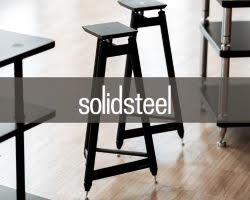
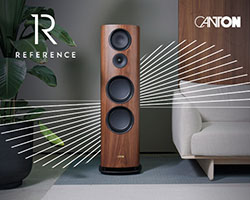

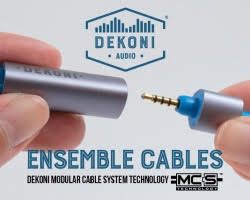


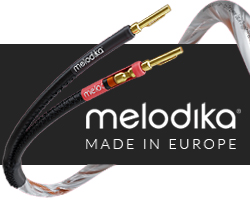


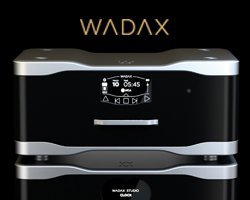
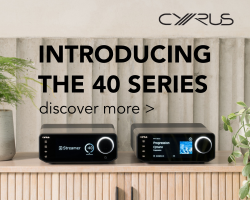


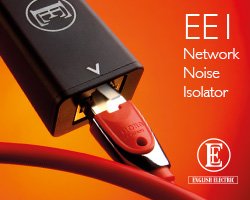
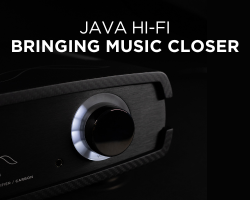
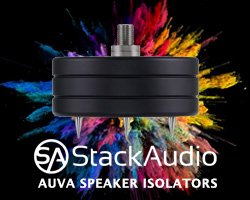



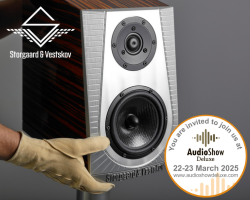
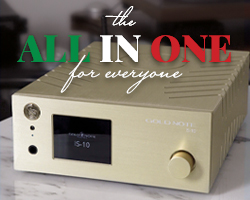


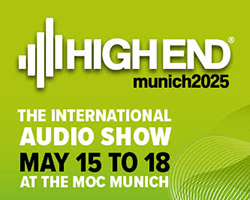
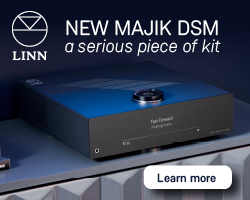

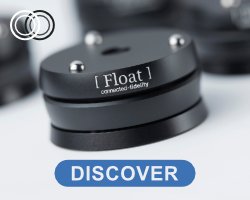


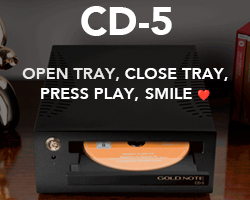
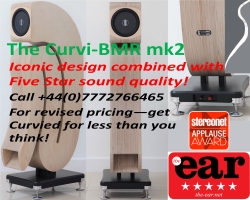
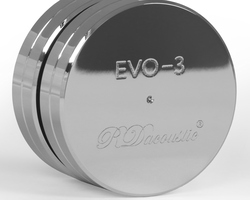
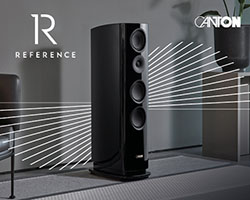
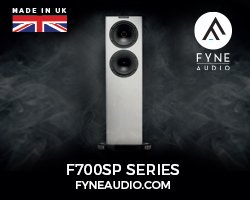
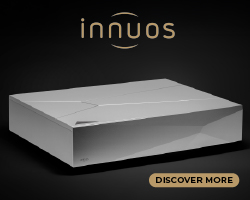
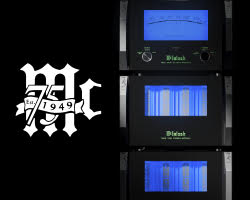


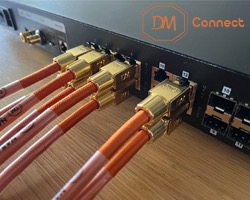
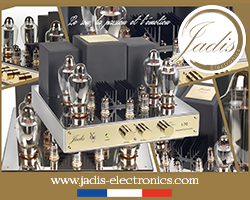
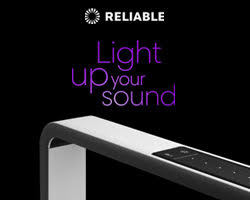

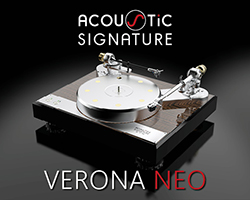

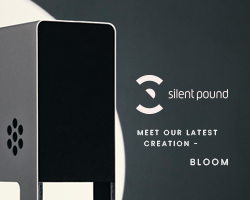
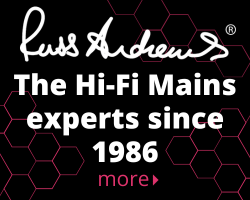
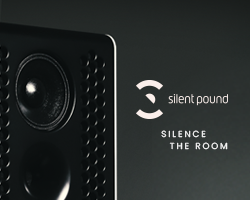

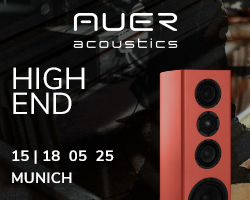
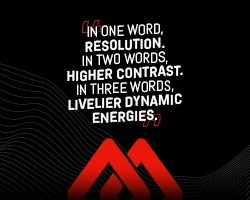
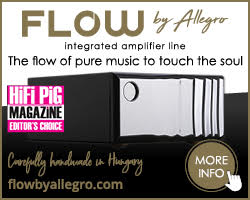
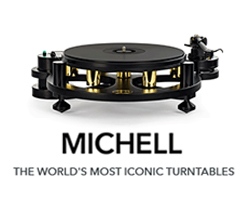
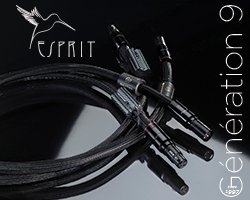
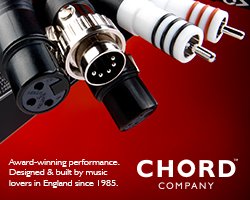
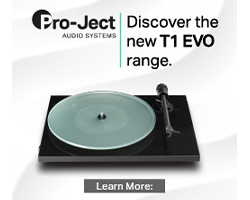
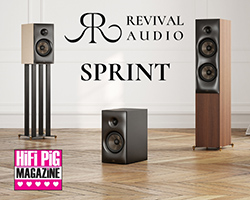
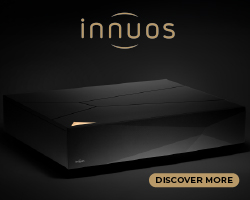

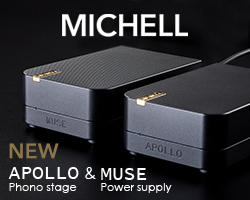



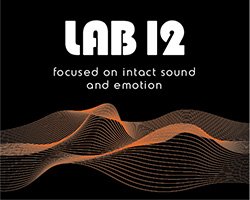
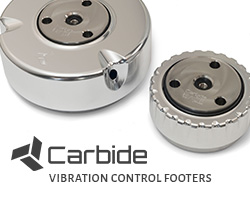
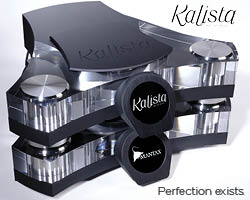
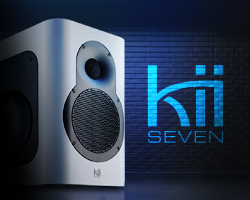

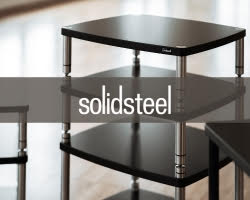
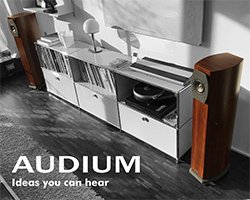

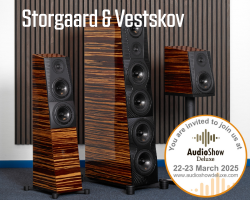
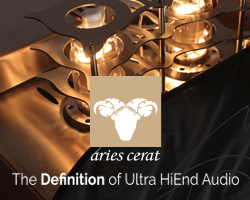



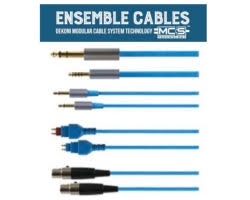
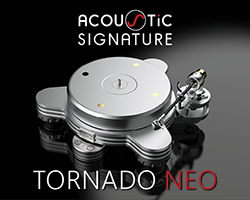

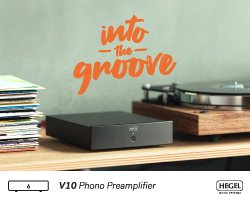


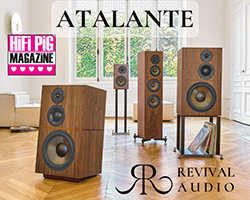


















































You must be logged in to leave a reply.